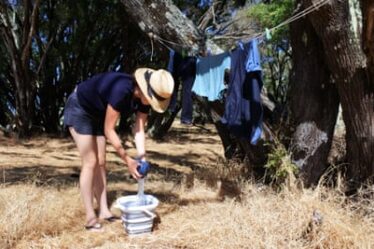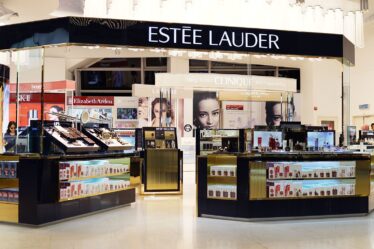
British online fashion retailer Asos on Thursday reported a 14 percent drop in quarterly revenue but said its new strategy was starting to work as it returned to profitability, sending its battered shares higher.
The group, led by chief executive officer José Antonio Ramos Calamonte, announced an overhaul of its business model last October after the economic crunch and a string of operational problems hammered its profits.
His strategy is to prioritise profit over top-line growth by re-vamping the retailer’s supply chain, cutting costs and increasing innovation.
Asos said core earnings, or adjusted earnings before interest and tax (adjusted EBIT), rose more than £20 million ($25.3 million) in the three months to May 31, its fiscal third quarter. It did not disclose the actual adjusted EBIT figure for the quarter.
It said EBIT margin was up 250 basis points, ahead of guidance of 200 basis points for the second half.
Asos’s inventory was down about 15 percent in the quarter, consistent with its target of a 20 percent reduction over the full year, with 86 percent of stock less than 12 months old.
The group, whose shares have lost 71 percent of their value over the last year, had already said last month that sales had fallen about 15 percent in March and April when it reported a first-half loss and guided to a “low double-digit” sales decline for the second half.
The stock was up 14 percent in early trading.
Asos kept its forecast for second-half adjusted EBIT of £40-60 million.
“We are delivering on our plan to turn the business around: to right-size our stock; to generate cash; to reduce our net debt; and to structurally improve our profitability,” said Ramos Calamonte.
Last month, the group agreed to a £275 million financing facility running to 2026 with specialist lender Bantry Bay Capital and raised £80 million through an equity issue.
By James Davey
Learn more:
Asos Reports First-Half Loss as Shoppers Cut Back
Asos, Britain’s one-time poster child for the shift to online fashion retailing, swung to a first-half loss, hurt by a squeeze on household budgets and elevated product returns but said it was confident of a return to profit in the second half.



